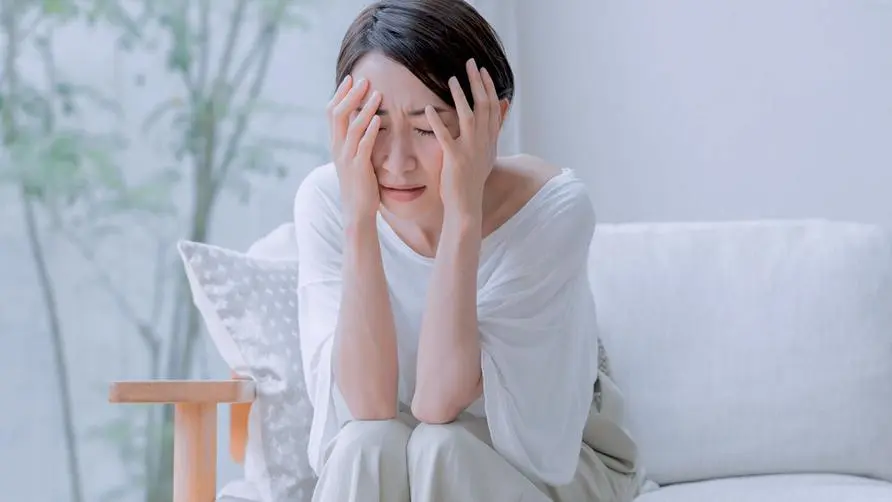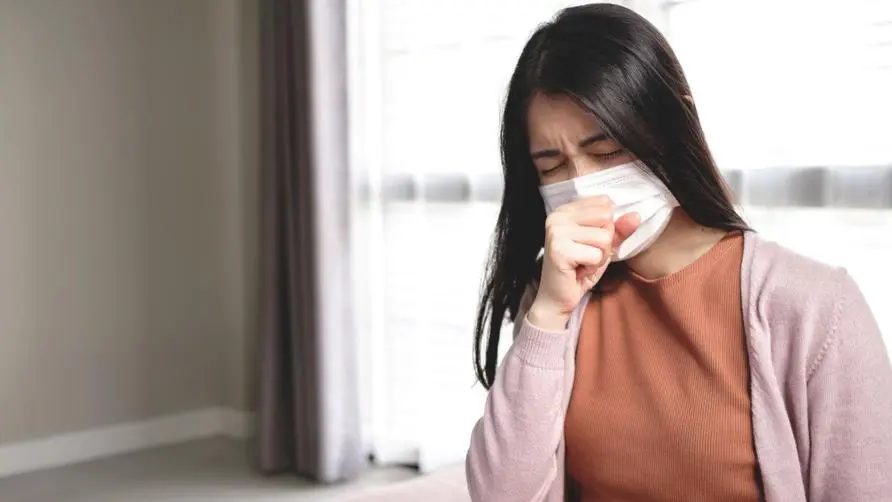What should I do if my private parts are easily itchy and uncomfortable in the hot and humid summer? "These 3 things" you need to pay attention to when you have repeated infections

Infection and inflammation of the private parts is no small problem! If you have repeated infections, you need to pay attention to the following three things:
In summer and autumn, the weather is hot and humid, and women’s private parts are prone to itching and discomfort! According to statistics, infection and inflammation of private parts is one of the most common diseases for which obstetrics and gynecology is sought. Although it is a small problem, if you are too shy to talk about it, it may lead to big problems.
Generally speaking, the vagina is weakly acidic under normal conditions, which is conducive to the growth of good bacteria such as Lactobacilli. However, excessive cleaning, changes in living habits, hormonal changes, etc. may destroy the acid-base balance of the vagina, causing infections, recurring inflammation and other problems. . The Taiwan Food and Drug Administration reminds female friends to pay attention to the following things when they are infected in their private parts:
1. Follow the instructions of doctors and pharmacists when taking medicines
If symptoms such as itching, burning, pain, and abnormal discharge occur in the private area, it may be an infection in the private area, and you should seek diagnosis and treatment from a specialist. Doctors usually prescribe appropriate prescription drugs for oral or vaginal use (suppositories, lozenges, creams) depending on different causes of infection such as bacteria, fungi or trichomonas. Depending on the drugs, the course of treatment is about 3-14 days. If a patient has been diagnosed by a doctor as having recurrence of vaginitis caused by fungal (mostly Candida) infection, he or she can go to the pharmacy and purchase indicated vaginal medicines under the instructions of the pharmacist.
2. Do not stop taking the medicine on your own during treatment
Infections in private parts are difficult to cure and are easy to relapse. Do not stop taking the medicine on your own. You must complete the course of treatment according to the instructions of your doctor or pharmacist to avoid affecting the curative effect. Before using the indicated medicine, you should use it according to the instruction sheet (drug insert) and the pharmacist’s instructions. If there is no improvement after 7 days of treatment or adverse reactions occur, please stop using it immediately and seek medical treatment as soon as possible.
3. Instructions for use of vaginal suppositories, lozenges and creams
Vaginal “suppositories” are usually bullet-shaped; “lozenges” are like larger oval pills; “creams” usually come with a tubular “auxiliary applicator” to help push the ointment into the vagina. All three are recommended to be used before going to bed. Before use, you should wash your hands, lie flat and arch your legs, and push the suppository, lozenge or cream into the vagina about a knuckle depth. Avoid moving around after administration to prevent the medicine from slipping out. Among them, suppositories are easy to soften, so please store them in a cool, dry place at room temperature and away from light, out of reach of children.
Avoid itchiness or odor in private parts Taiwan Health Promotion Administration reveals 5 daily maintenance tips
The best way to avoid infection or inflammation of private parts is to develop good living habits, including:
Avoid wearing pants that are too close-fitting. It is recommended to wear cotton clothing and keep your private parts dry and ventilated.
There is no need to use special vaginal douching products. Excessive douching will destroy the constant acid-base environment of the vagina.
After using the toilet, wipe from front to back to avoid bringing anal bacteria to the vagina.
Eat a balanced diet, avoid high-sugar foods and refined desserts, and maintain a good routine to enhance immunity.
Avoid taking baths during infection and use showers as much as possible.
The Taiwan Food and Drug Administration reminds the public that as women’s menstrual cycles change, sometimes there will be transparent or white discharge. As long as it does not feel itchy or has a special smell, it is normal. If you have an infection in your private parts, you should be patient and follow the instructions of the doctor and pharmacist to complete the entire course of treatment. Do not delay treatment because of shyness.
Source:
What should I do if my private parts are itchy and uncomfortable?





